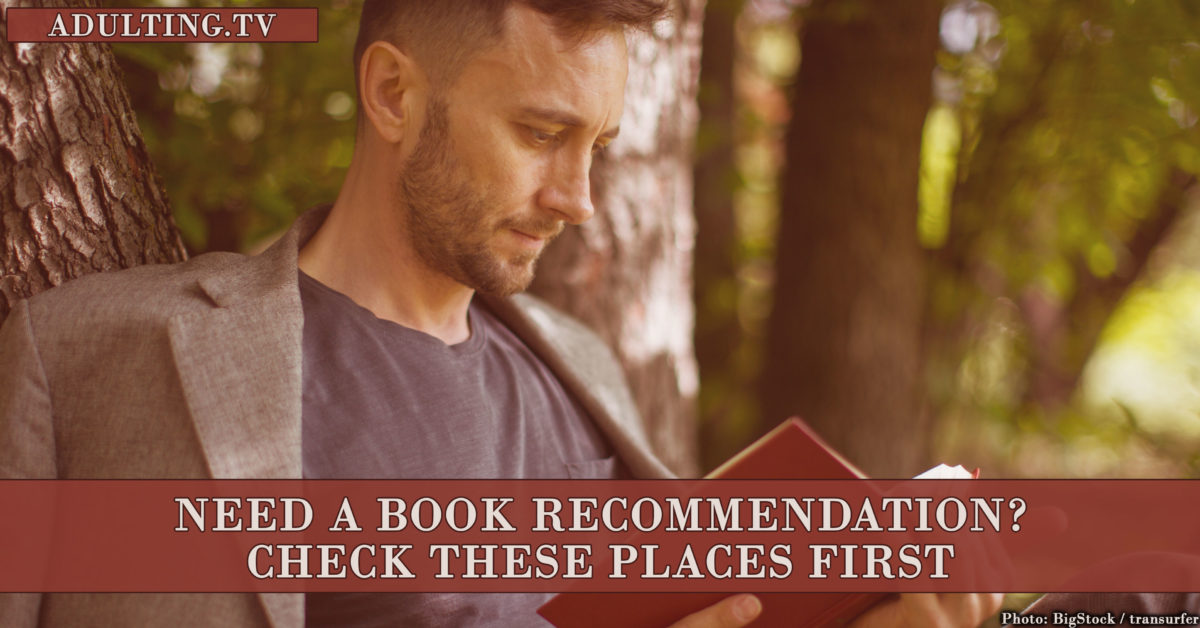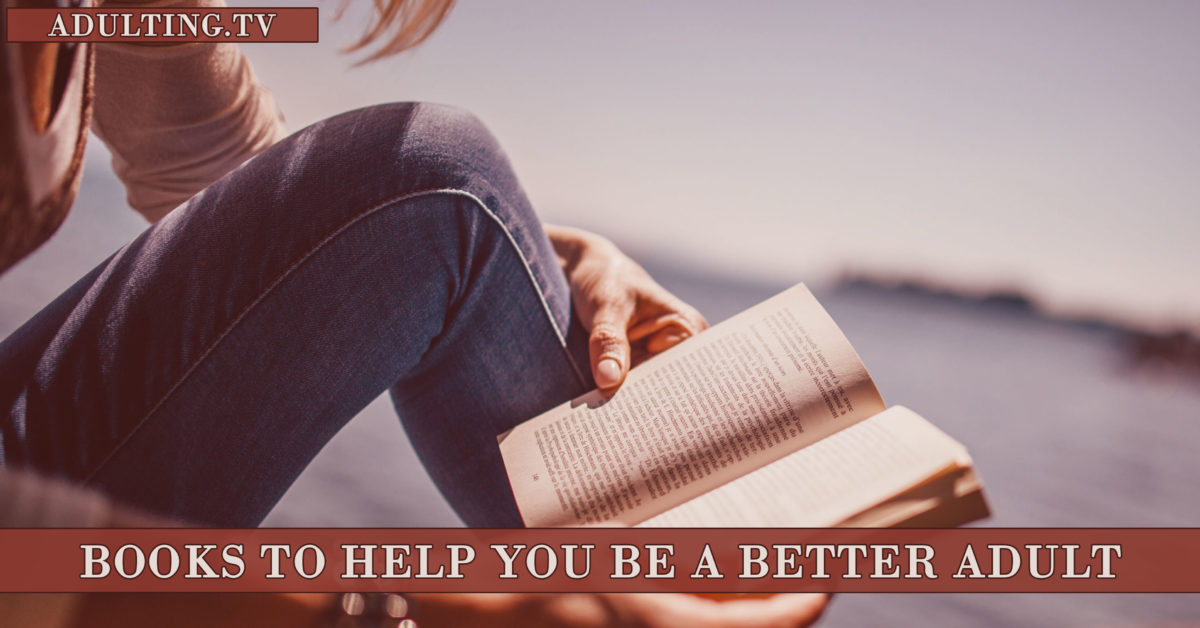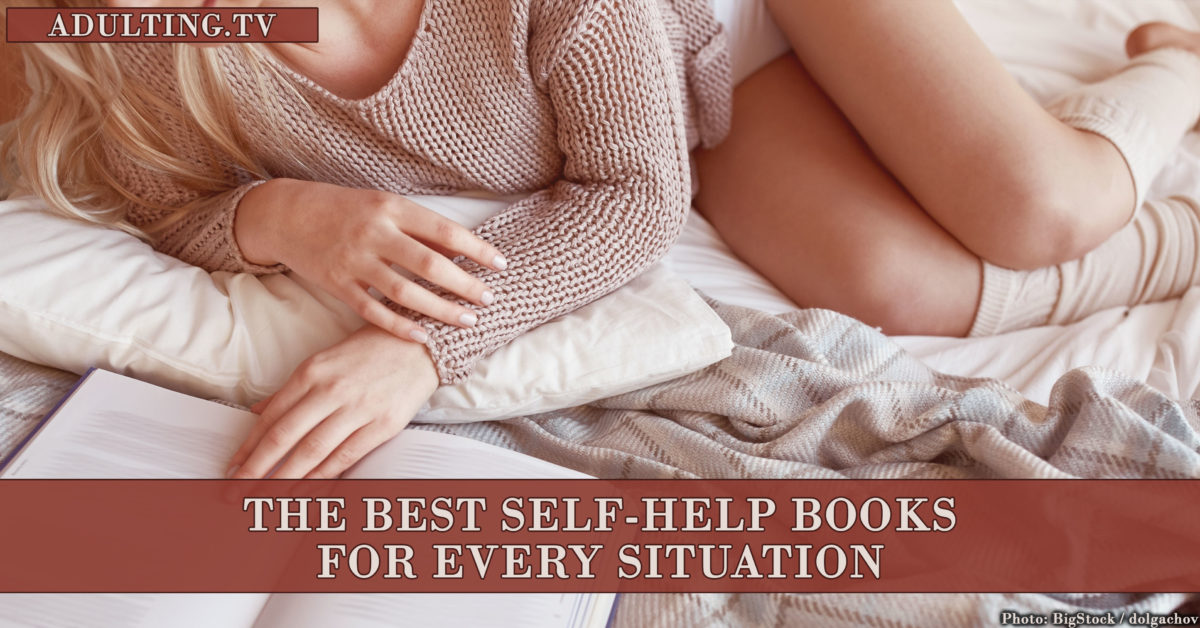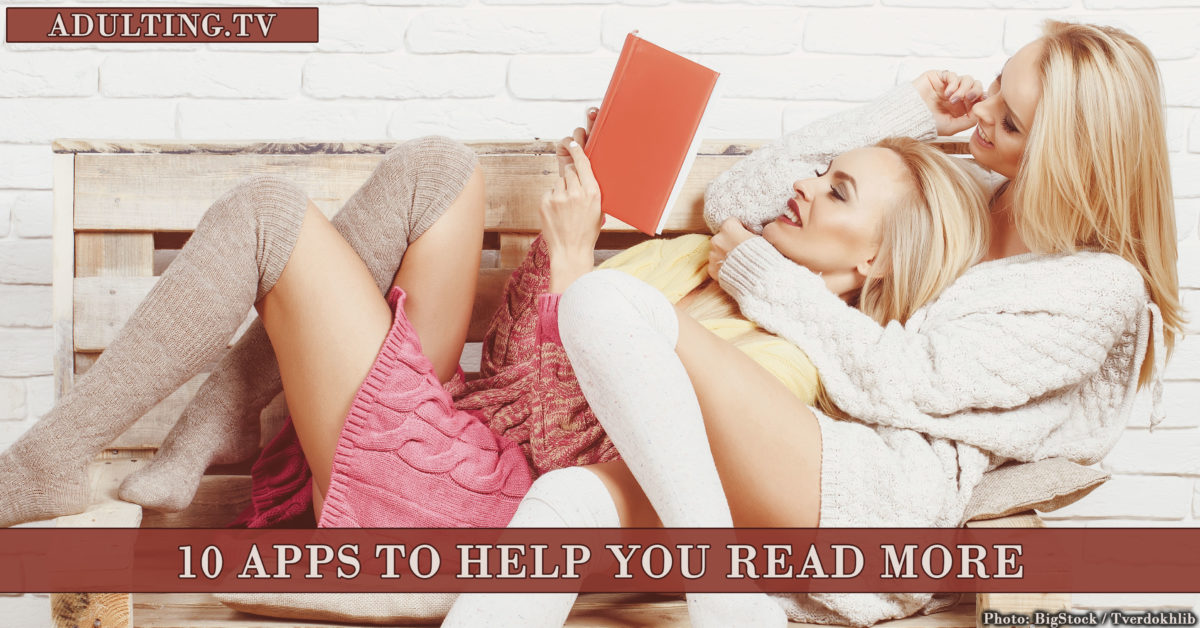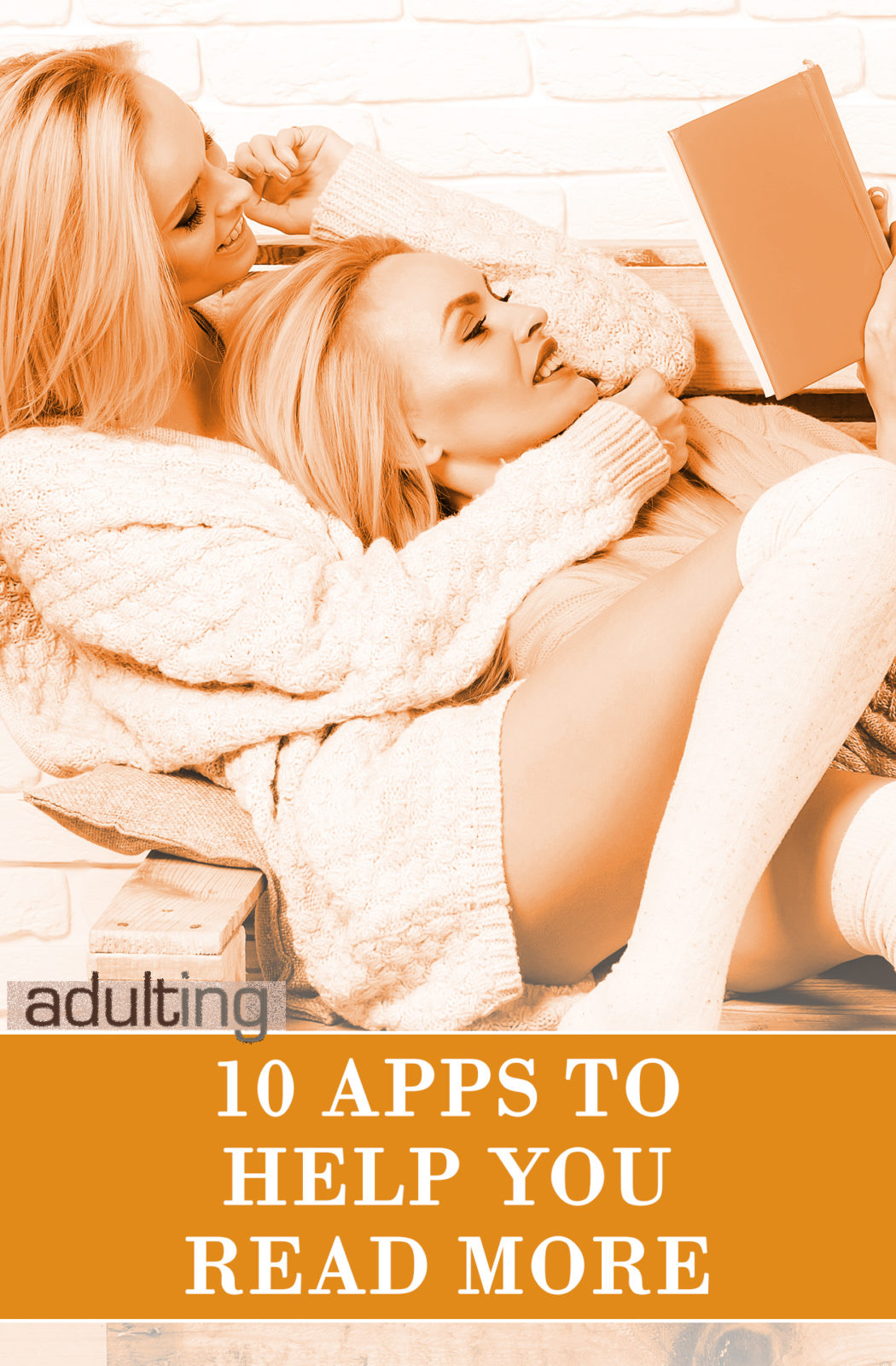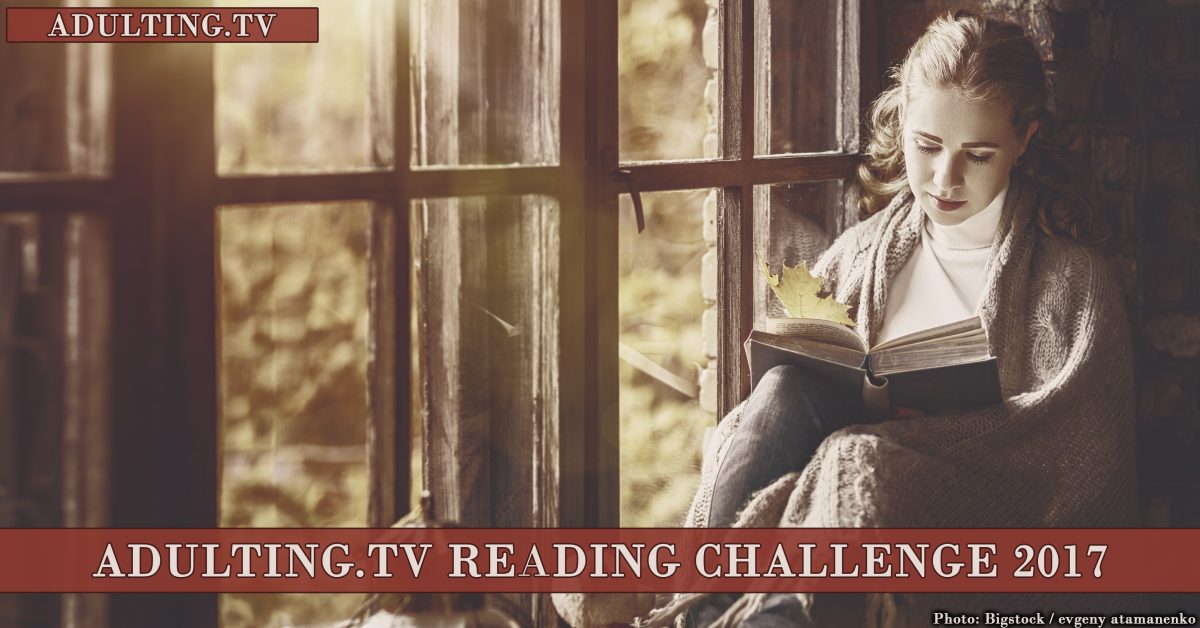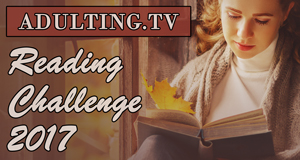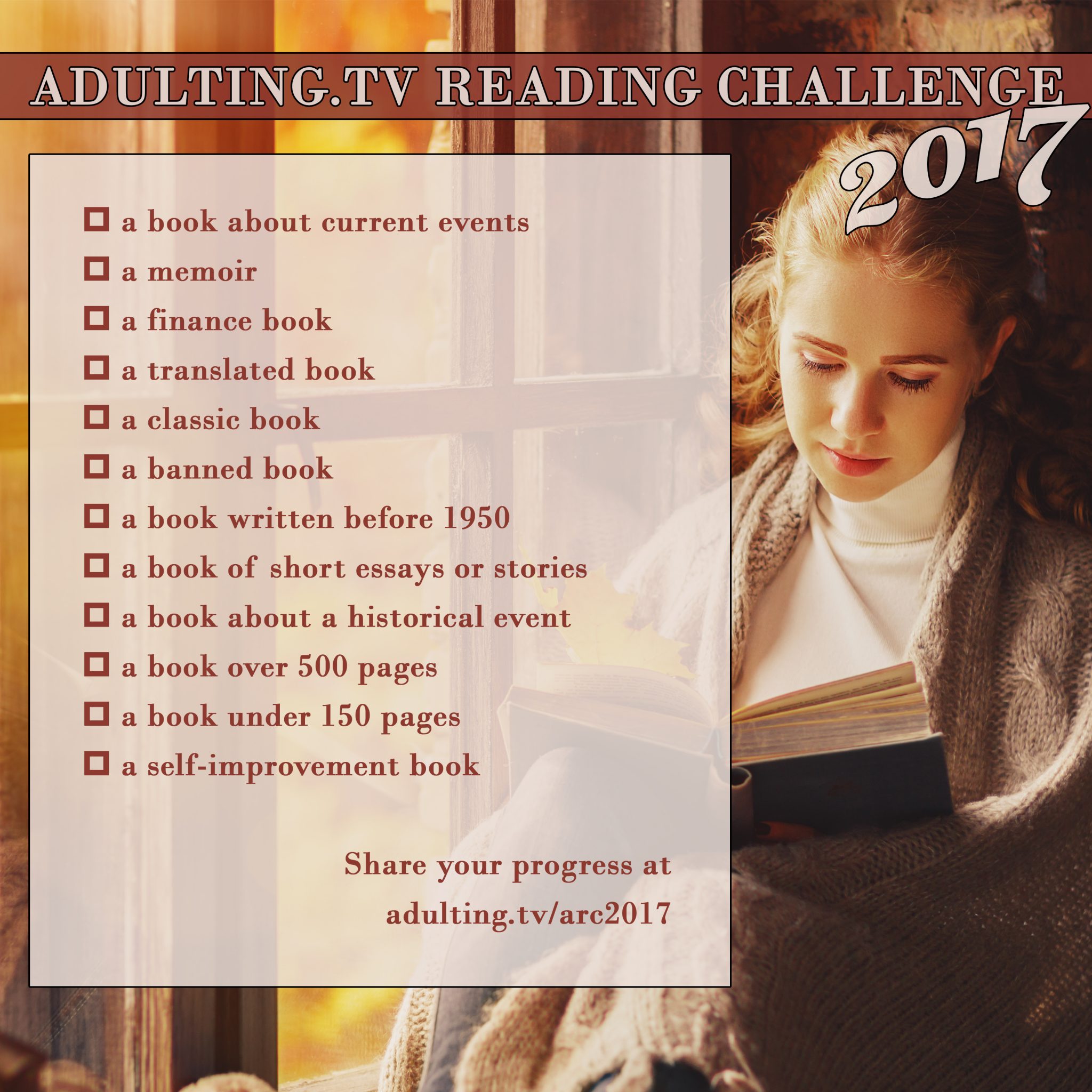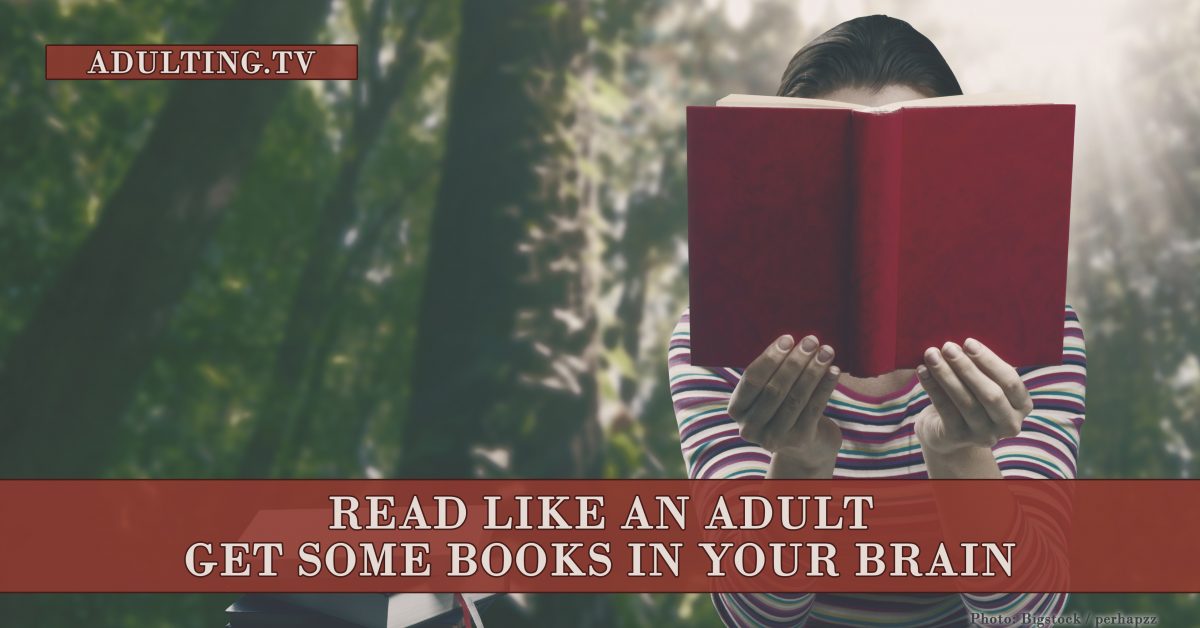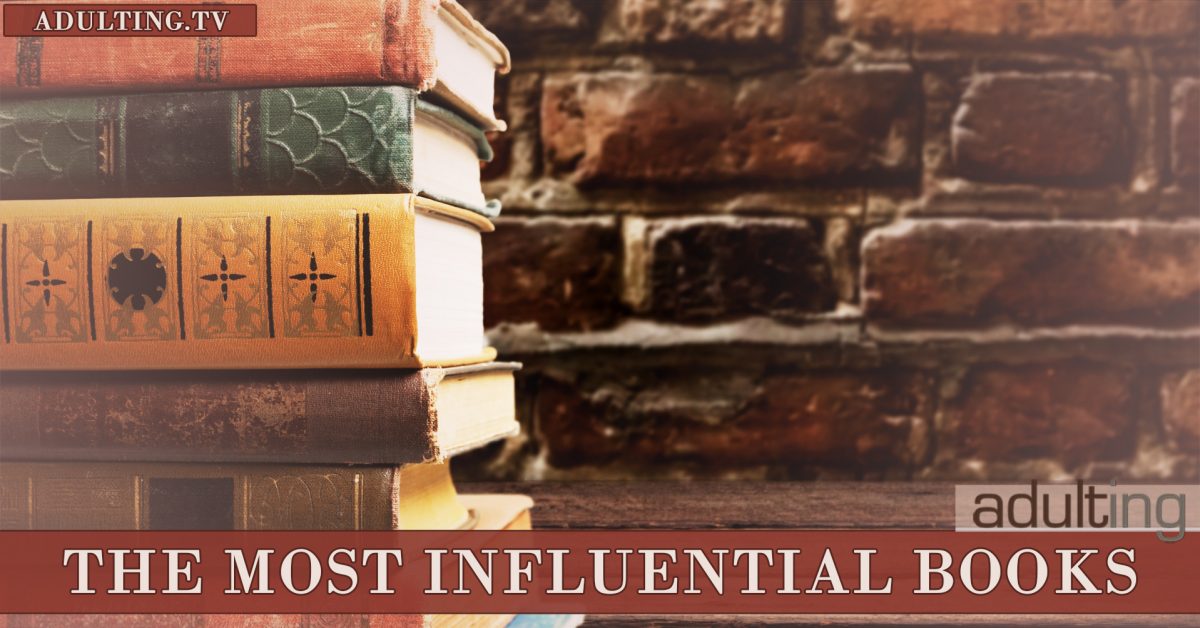One of the most popular reasons I hear for not reading books is “I just don’t know where to find good books or get recommendations!” I get it. I mean, reading is a personal decision and what’s good to me might not be good to you because, let’s face it, “good” is one of those annoying subjective words. And places like the New York Times offer reviews but their reviewers are going to read with a more critical eye than your average person so their suggestions or opinions?
Not helpful at all.
But not all is hopeless. Because there are plenty of places where you can find book recommendations and, based off of those, decide for yourself if that book is good for you or not. And since there are so many, I’ve decided to narrow it down and give you my five favorite places to get book recommendations.
My top 5:
Podcasts.
My personal favorite podcast is Book Riot’s All the Books! but there are are dozens and dozens more. All the Books! has a spinoff about backlist and older books. Modern Mrs. Darcy, an extremely popular book blogger, has a one called What Should I Read Next (pro tip: her blog is a trove of book recommendations).
Even ones like True Crime Garage and Criminal give book recommendations at the end so no matter what you like to listen to, you should be able to get some suggestions. And, bonus, since you like the subject matter of the podcast, the books should align with your interests.
Listicles.
BuzzFeed books, Book Riot, PopSugar… all the big sites do book roundups for all the genres and some are pretty clever like all the books from Orange is the New Black or Gilmore Girls. I’ve seen ones Inc and Fast Company with personal development and business books.
We even have one here at Adulting! The lists are generally broad enough and diverse enough that there’s bound to be one or two that pique your curiosity. If you don’t want to read listicles, a lot of magazines review books or give recommendations and, if you skip the reviews, the NYT bestseller list is a great resource.
Social media.
Instagram, Twitter, Facebook, Litsy (a social media networking site specifically for books) are all bursting with book recommendations. You don’t even have to follow your friends or publishers or authors or book bloggers to get them.
Celebrities like Reese Witherspoon, Ali Wong, Oprah, Emma Watson, and James Franco all share the books they’re reading and recommend. If you don’t trust celebrities, you can follow me (especially if you also like pictures of dogs) and use Facebook or Twitter to ask your friends what they’re reading. You’ll get quite a list but some should resonate.
Staff selections.
Okay, so this one requires going to a library or bookstore but it is good to get out of the house. Many people avoid those places because walking in is overwhelming. You don’t know where to start and wandering aimlessly makes you feel helpless and lost (fun fact: this is what I look like in a craft store) and it’s intimidating so you leave.
But don’t fret! Just head on over to the staff picks section and start reading covers. Some bookstores give a little blurb from the staff member who picked the book but even if it’s just a display, it’s a great jumping off point. You can also look at the best sellers display for some ideas.
Amazon.
Have you ever bought a book from Amazon or even just browsed for one? If you have, then you know that they give a ton of suggestions or even the little grouping with you with the “frequently bought together” heading. Those are incredibly helpful particularly if you want to read a whole lot on a specific topic.
Pro tip: many books are now offering sample chapters so if you’re not ready to make a commitment to a book, you can preview it for free simply by sending it to your mobile device (no Kindle, no problem! The Kindle app is free and you can put it on your tablet or phone).
Confession: My to be read list has almost 700 books on it (I have a problem. I’m looking into getting help) and approximately 600 of them came from a combination of above. The biggest sources for me are Instagram and podcasts and if I see a book I think I’ll like, especially if someone I like or respect has read or is reading it, I mark it down. I figure I can always delete later. And, of the books I’ve read as a direct result of these recommendations, I’ve DNF’d (did not finish) maybe 15 over the past 3 years.
And I read roughly 100 books per year.
Not a bad return.
Where are your favorite places to find books to read? Let us know in the #Adulting Facebook community.

